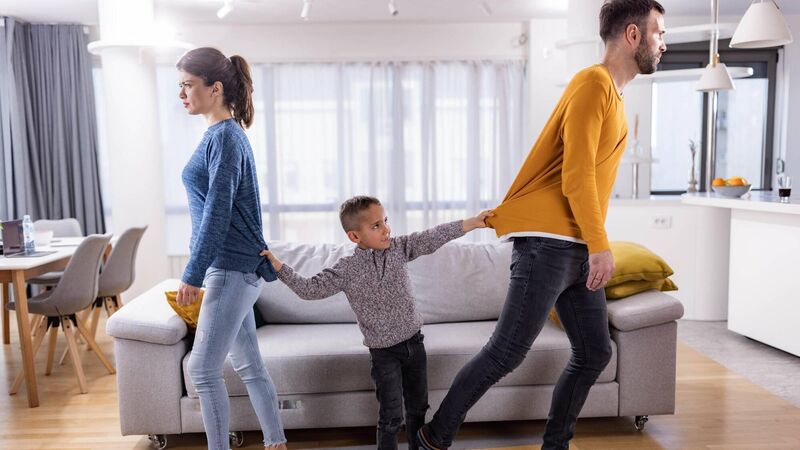Richard Hogan: Here's how to manage when a relationship ends - and what NOT to do

"Of course, relationships do end, and sometimes in conflict; depending on what happened leading up to the separation. Often, there has been incredible hurt and betrayal. So, separating well or healthily can be very difficult to achieve."
Separation, whether from a romantic partner, spouse, or even a friend, can be one of the most challenging of emotional experiences. Nobody enters in to a close relationship thinking about how it will end.
Of course, relationships do end, and sometimes in conflict; depending on what happened leading up to the separation. Often, there has been incredible hurt and betrayal. So, separating well or healthily can be very difficult to achieve.







